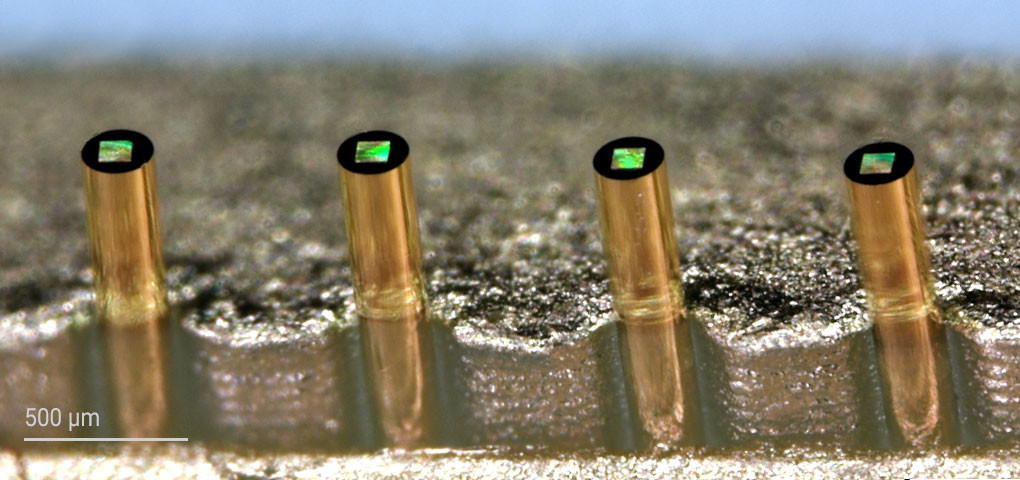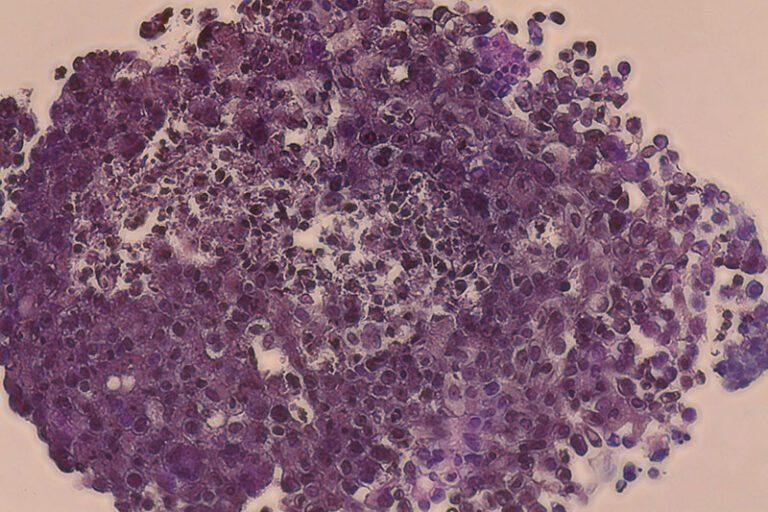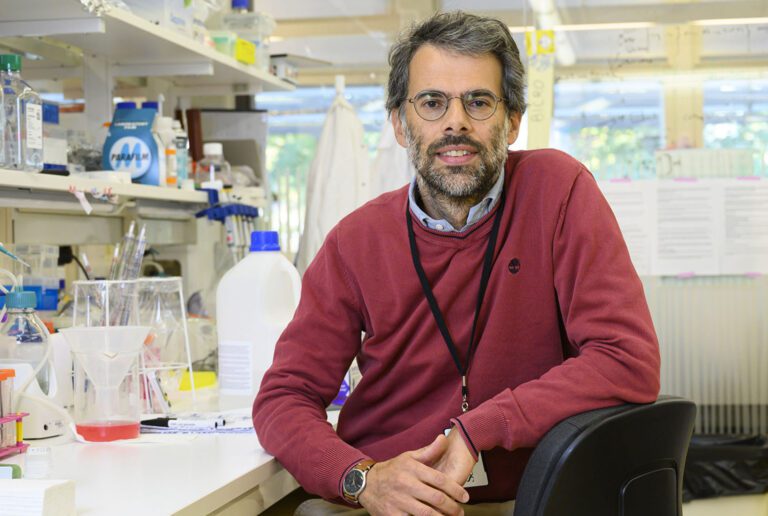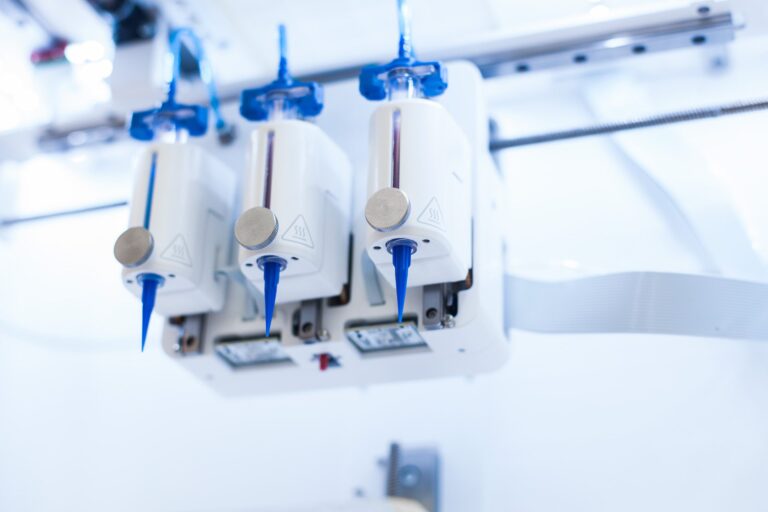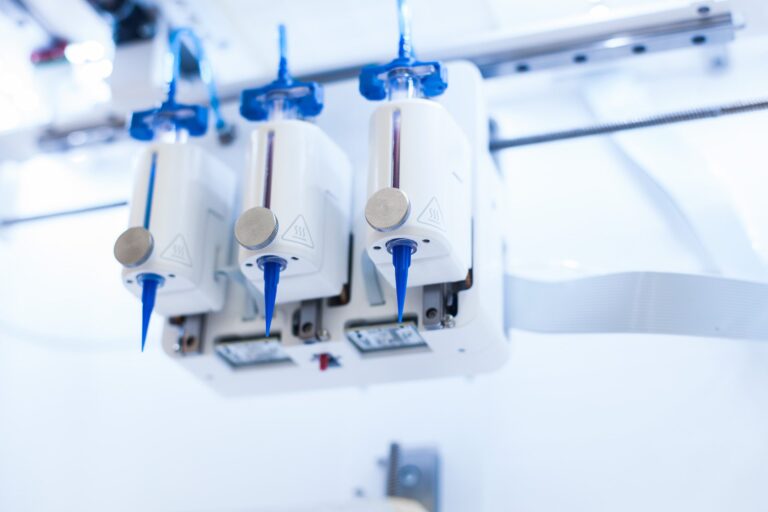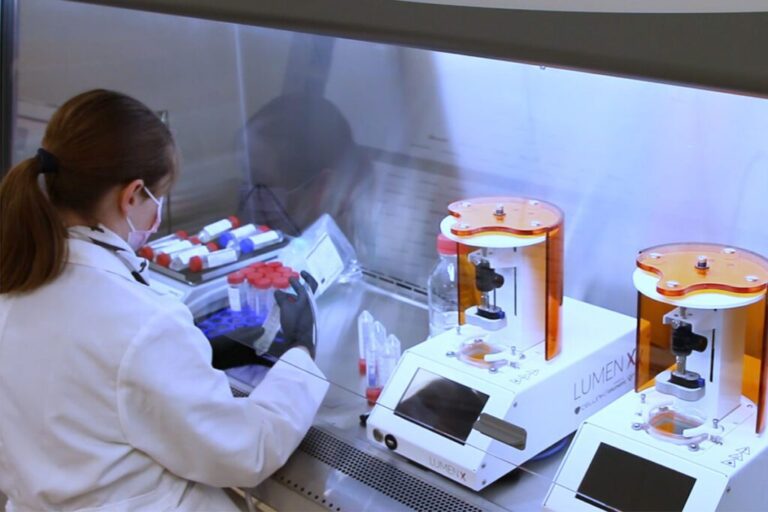According to the World Health Organization (WHO), antibiotic resistance is now one of the greatest threats to global health, food safety and development. This immunity of bacteria is a natural evolutionary process and that is further accelerated by the misuse of antibiotic treatments. For more precise treatment of infections, in situ characterization of the infected region would be ideal, as it would allow specific treatment against the pathogens. With this in mind, researchers of the Imperial College London developed a novel fiber-optics Raman spectroscopy sensor for the label-free identification of bacteria using Nanoscribe’s microfabrication technology.
To drive innovations in photonics and applications of medical instrumentations and optical sensing, such as the intriguing fiber optical SERS probe, Nanoscribe recently introduced its latest 3D printer Quantum X align. With its proprietary on-fiber print set and tilt correction in all spatial directions, the new 3D printer may already provide the answer to the challenges of the on-fiber printed SERS probes and paves the way for further improvements and new innovations.

